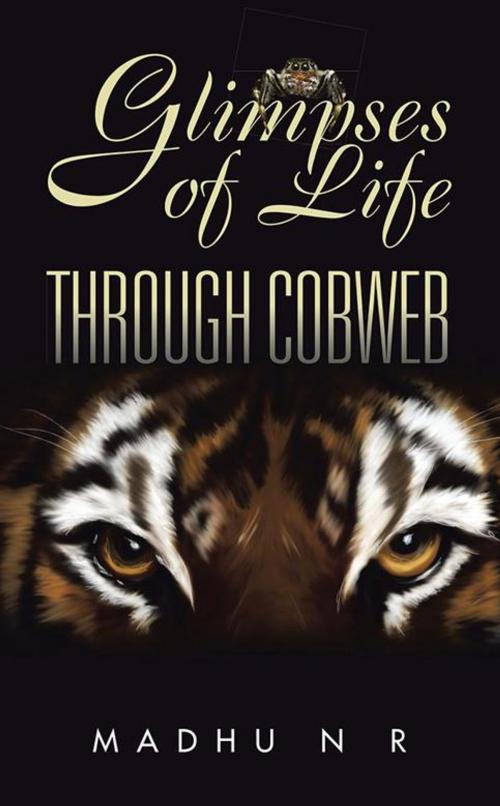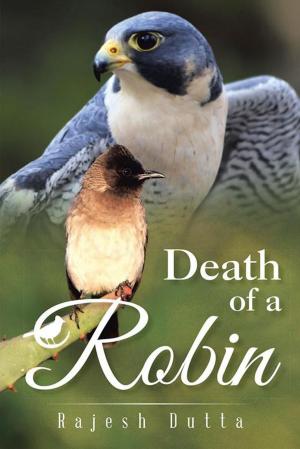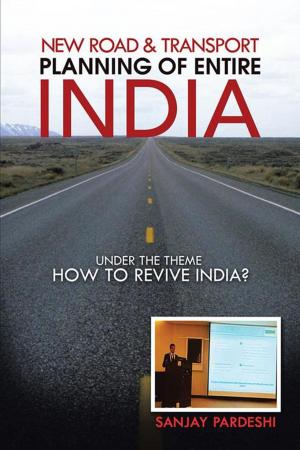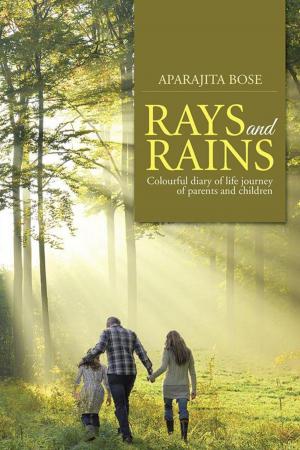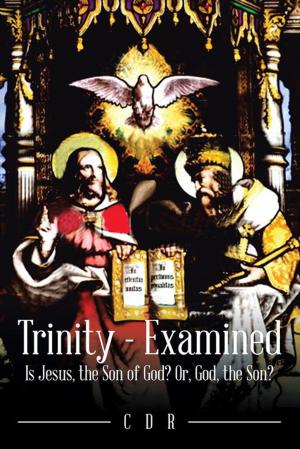| Author: | Madhu N R | ISBN: | 9781482845709 |
| Publisher: | Partridge Publishing India | Publication: | June 1, 2015 |
| Imprint: | Partridge Publishing India | Language: | English |
| Author: | Madhu N R |
| ISBN: | 9781482845709 |
| Publisher: | Partridge Publishing India |
| Publication: | June 1, 2015 |
| Imprint: | Partridge Publishing India |
| Language: | English |
Madhu's book Cobweb has three parts. The first part Cobweb is more like a cartoon feature where two characters speak to each other. They have all the fun in asking questions and getting counter questions than answers. They speak of contemporary life, philosophy, movies, politics, sports, corruption, and religion. Even though the writer uses India as the background, this book can be enjoyed by the global audience. The second part of the book consists of poems. The poem "Ode to a Tigress from India" is based on the Delhi rape of 2012 and is the mascot of this book, which draws flames from the writer against politicians, bureaucracy, and even God. The third part is stories. Two of the stories have Dostoevsky and Vincent Van Gogh as characters. Here, Van Gogh is given a peaceful death after many failures in life. Dostoevsky's story is from the background of his novel Idiot, where his conscience comes to confront him about the climax of the novel. The other stories also show the garb of the satirist in the author.
Madhu's book Cobweb has three parts. The first part Cobweb is more like a cartoon feature where two characters speak to each other. They have all the fun in asking questions and getting counter questions than answers. They speak of contemporary life, philosophy, movies, politics, sports, corruption, and religion. Even though the writer uses India as the background, this book can be enjoyed by the global audience. The second part of the book consists of poems. The poem "Ode to a Tigress from India" is based on the Delhi rape of 2012 and is the mascot of this book, which draws flames from the writer against politicians, bureaucracy, and even God. The third part is stories. Two of the stories have Dostoevsky and Vincent Van Gogh as characters. Here, Van Gogh is given a peaceful death after many failures in life. Dostoevsky's story is from the background of his novel Idiot, where his conscience comes to confront him about the climax of the novel. The other stories also show the garb of the satirist in the author.
